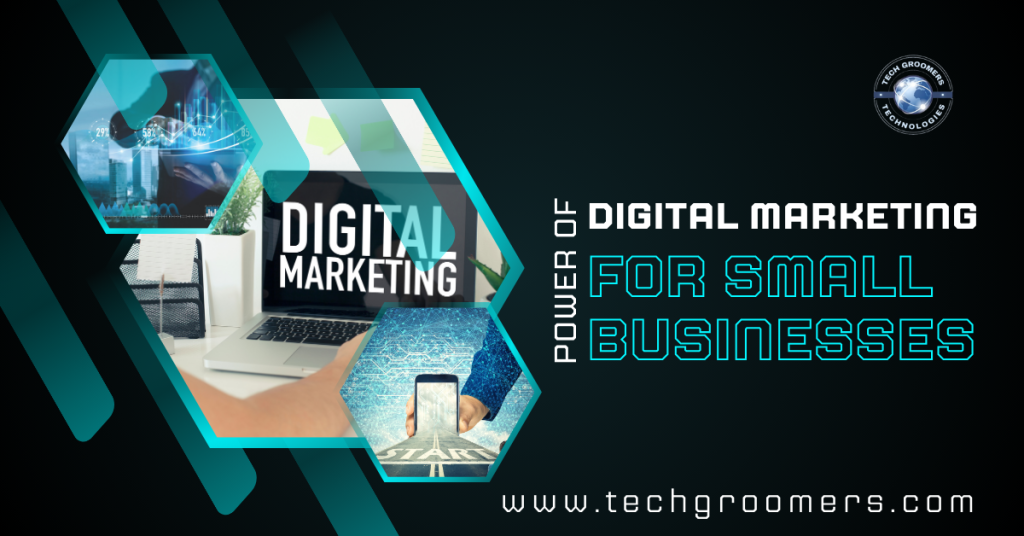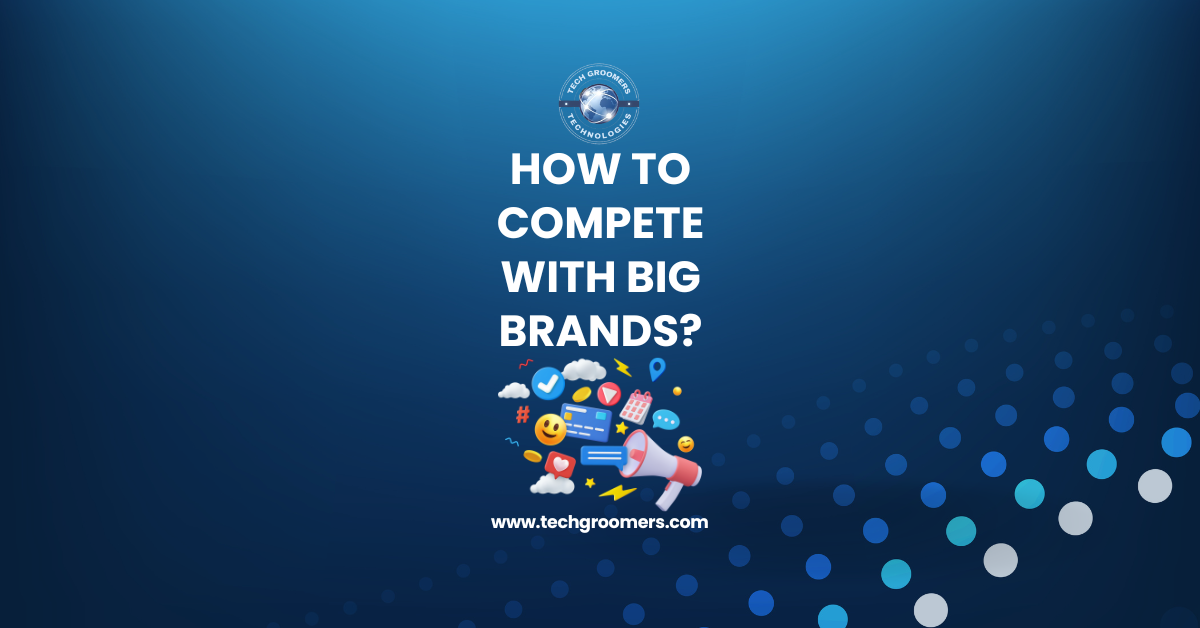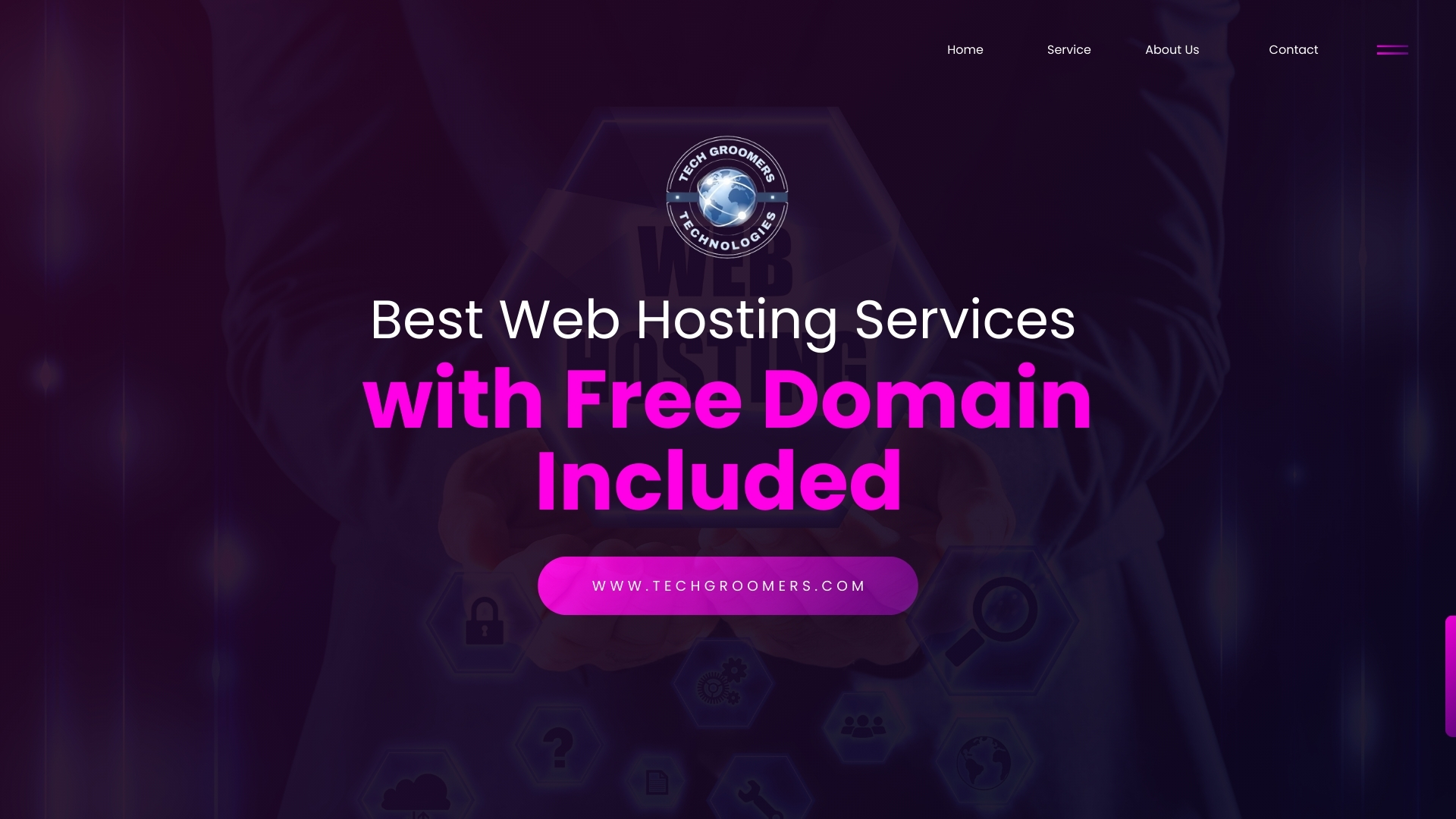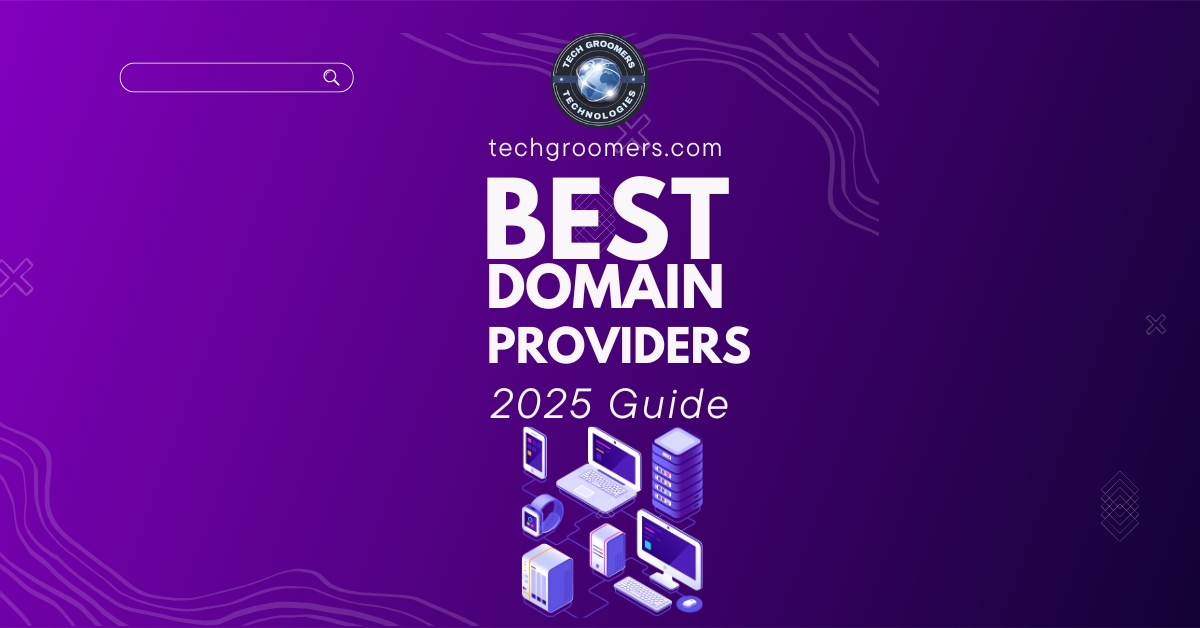In today’s digital era, small businesses no longer need a massive budget to compete with big brands. With strategic digital marketing, even startups can attract customers, boost engagement, and increase sales. The right marketing strategies help businesses build a strong online presence, drive traffic, and convert visitors into loyal customers.
The Power of Digital Marketing for Small Businesses

Unlike traditional marketing, which requires significant investment, digital marketing allows small businesses to reach a targeted audience cost-effectively. Here’s how:
- Cost-Effective Advertising: Social media platforms and search engines offer affordable ad options.
- Global Reach: Even a local business can attract international customers through online marketing.
- Personalized Marketing: Small businesses can create tailored campaigns to build stronger customer relationships.
- Data-Driven Decisions: Analytics tools help measure performance and improve strategies.
Key Digital Marketing Strategies to Compete with Big Brands
1. Leverage Search Engine Optimization (SEO)
SEO is essential for ranking higher on search engines like Google. Small businesses should focus on:
- Keyword Optimization: Use long-tail keywords relevant to your industry.
- On-Page SEO: Optimize title tags, meta descriptions, and content.
- Local SEO: Optimize Google My Business (GMB) for local searches.
- Backlink Building: Get high-quality links from reputable sites.
A well-optimized website ensures that your business appears in search results when potential customers look for your products or services. Regularly updating your content, improving site speed, and making your site mobile-friendly all contribute to higher search rankings and better visibility.
2. Utilize Content Marketing

Content marketing helps small businesses establish authority and build trust. It includes:
- Blogging: Regular blog posts improve SEO and provide value to customers.
- Videos & Infographics: Engaging visual content boosts audience retention.
- Guest Posts: Writing for industry-related websites can increase brand exposure.
- Ebooks & Whitepapers: Providing in-depth content positions your brand as an expert in the field.
Sharing high-quality content regularly not only helps with SEO but also keeps potential customers engaged and informed. Businesses that offer valuable content tend to attract and retain more loyal customers over time.
3. Social Media Marketing
Platforms like Facebook, Instagram, LinkedIn, and Twitter provide a cost-effective way to connect with potential customers.
Effective Social Media Strategies:
- Consistent Posting: Maintain an active presence with engaging posts.
- Influencer Collaborations: Partner with micro-influencers to expand reach.
- User-Generated Content: Encourage customers to share their experiences.
- Engagement and Community Building: Respond to comments and messages to foster relationships with customers.
By building an engaged social media community, small businesses can establish strong brand loyalty and generate organic referrals, making it easier to compete with big brands that rely heavily on paid advertising.
4. Invest in Pay-Per-Click (PPC) Advertising
Small businesses can benefit from PPC campaigns to compete with big brands effectively.
- Google Ads: Appear on top of search results instantly.
- Social Media Ads: Target specific demographics for better conversions.
- Retargeting Ads: Re-engage visitors who left without converting.
A well-planned PPC strategy ensures that businesses get maximum return on investment (ROI) while reaching the right audience at the right time.
5. Email Marketing for Customer Retention
Email marketing is an affordable way to nurture leads and retain customers.
- Personalized Emails: Send tailored recommendations and offers.
- Automation: Use automated follow-ups to increase engagement.
- Newsletters: Share valuable content, updates, and promotions.
- Customer Segmentation: Target different groups of customers based on their interests and behaviors.
Email marketing remains one of the highest-converting digital marketing channels. By consistently providing value through emails, small businesses can strengthen relationships and encourage repeat purchases.
6. Mobile Optimization is a Must
With most users browsing on mobile devices, small businesses must ensure their websites are mobile-friendly.
- Responsive Design: Adapts to any screen size.
- Fast Loading Speed: Prevents high bounce rates.
- User-Friendly Navigation: Enhances the customer experience.
A mobile-friendly website enhances user experience, boosts search engine rankings, and increases conversion rates. Ensuring that your website loads quickly and is easy to navigate on a mobile device can significantly impact customer engagement.
7. Online Reputation Management
Maintaining a positive brand image is crucial for competing with big brands.
- Customer Reviews: Encourage satisfied customers to leave reviews.
- Engagement: Respond to queries and feedback promptly.
- Crisis Management: Address negative feedback professionally.
- Consistent Branding: Ensure your brand voice and messaging remain uniform across all platforms.
A strong online reputation builds credibility and trust, making it easier for small businesses to compete with established brands that have years of market presence.
8. Leverage Local SEO and Listings
Small businesses should optimize for local searches to attract nearby customers.
- Google My Business Optimization: Keep your business profile updated.
- Local Citations: Get listed in local directories.
- Geo-Targeted Keywords: Use location-based keywords in your content.
- Customer Engagement: Actively respond to reviews and messages on local platforms.
By dominating local search results, small businesses can attract more foot traffic and local customers who are actively searching for their products or services.
9. Video Marketing for Higher Engagement
Videos generate more engagement than text-based content. Small businesses can use:
- Explainer Videos: Educate customers about products/services.
- Live Streaming: Host Q&A sessions or product launches.
- Testimonials: Showcase happy customer experiences.
- Short-Form Content: Utilize platforms like TikTok and Instagram Reels to reach a wider audience.
Video content is one of the most powerful tools for digital marketing. It increases user engagement, improves brand recall, and drives conversions.
10. Data-Driven Decision Making
Using analytics tools helps small businesses optimize their marketing strategies.
- Google Analytics: Track website traffic and user behavior.
- Heatmaps: Understand how visitors interact with your website.
- A/B Testing: Experiment with different campaigns to see what works best.
- Conversion Tracking: Measure the effectiveness of different marketing efforts.
Data-driven marketing allows businesses to make informed decisions, ensuring that every dollar spent on marketing efforts yields the best possible results.
Conclusion
Big brands may have larger budgets, but small businesses have flexibility, creativity, and agility on their side. By leveraging SEO, social media, PPC, content marketing, email marketing, and mobile optimization, small businesses can establish a strong online presence and compete effectively.
How TechGroomers Helps: We provide expert digital marketing solutions and website development services tailored for small businesses, ensuring they thrive in the competitive online landscape. If you need a powerful website that drives traffic and conversions, TechGroomers is here to help!




Leave a Reply to Join us Cancel reply